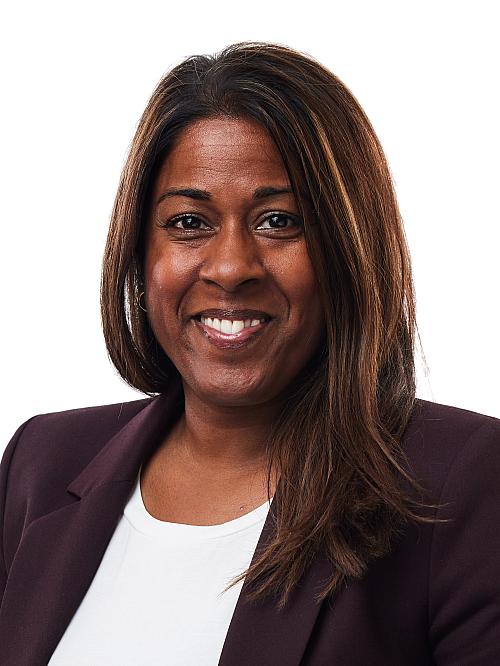
Teens co-research on role of social media during the pandemic
A study from the School of Health and Welfare at Jönköping University (JU) has involved a group of young people in the research process. All children have the right to express their own opinion, but it can be difficult to know how to do so. The researchers' methodology successfully involved young people in finding out the role of social media during the pandemic.
Teenagers, aged 13-19, were given instructions on how to go about collecting the data for the research study by themselves. They became detectives in their own social media, investigating for the researchers on what topics were becoming 'buzzwords' and what the motives were for the material the teens were collecting. For example, the researchers wanted to know what subjects sparked debate and what young people's concerns were during the Covid 19 pandemic. Instead of responding to questions, the teenagers were allowed to participate in collecting the information for themselves. Frida Lygnegård from the School of Health and Welfare led the study.
“We adults must dare to step back and invite young people to participate more,” says Frida.
The Convention on the Rights of the Child means, among other things, that children have the right to express their views and have access to information. However, it can be difficult to know how to involve children.
“In our study, we wanted to show how we can involve the target group, in this case young people," says Frida.
Social media an important information platform for young people
The results of the study showed that social media was important for young people during the pandemic. They used it to express and communicate how they felt, what they were worried about, annoyed by or thought was good. The data was collected from a total of 11 different social media sites, with the majority coming from TikTok, Instagram and Snapchat. Among other things, young people were worried about family members getting sick, thoughts about the future and what it would be like after the pandemic. They found the information about the restrictions confusing and wanted credible information about the pandemic.
Frida Lygnegård believes that young people should be invited to be part of, and involved in, the designing of information that is to be targeted at a community level. They are recipients but should also be part of creating information. The study showed that lack of information created stress.
“The study can help us see the role of social media and draw on it in the future when designing information for children and young people,” says Frida.
The study "Adolescent co-researchers identified the central role of social media for young people during the pandemic" was conducted by Frida Lygnegård in collaboration with Maria Thell, PhD student at Uppsala University and Anna Sarkadi, professor at Uppsala University. The published study is available here:
- Senior Lecturer Occupational Therapy
- School of Health and Welfare
- frida.lygnegard@ju.se
- +46 36-10 1190

